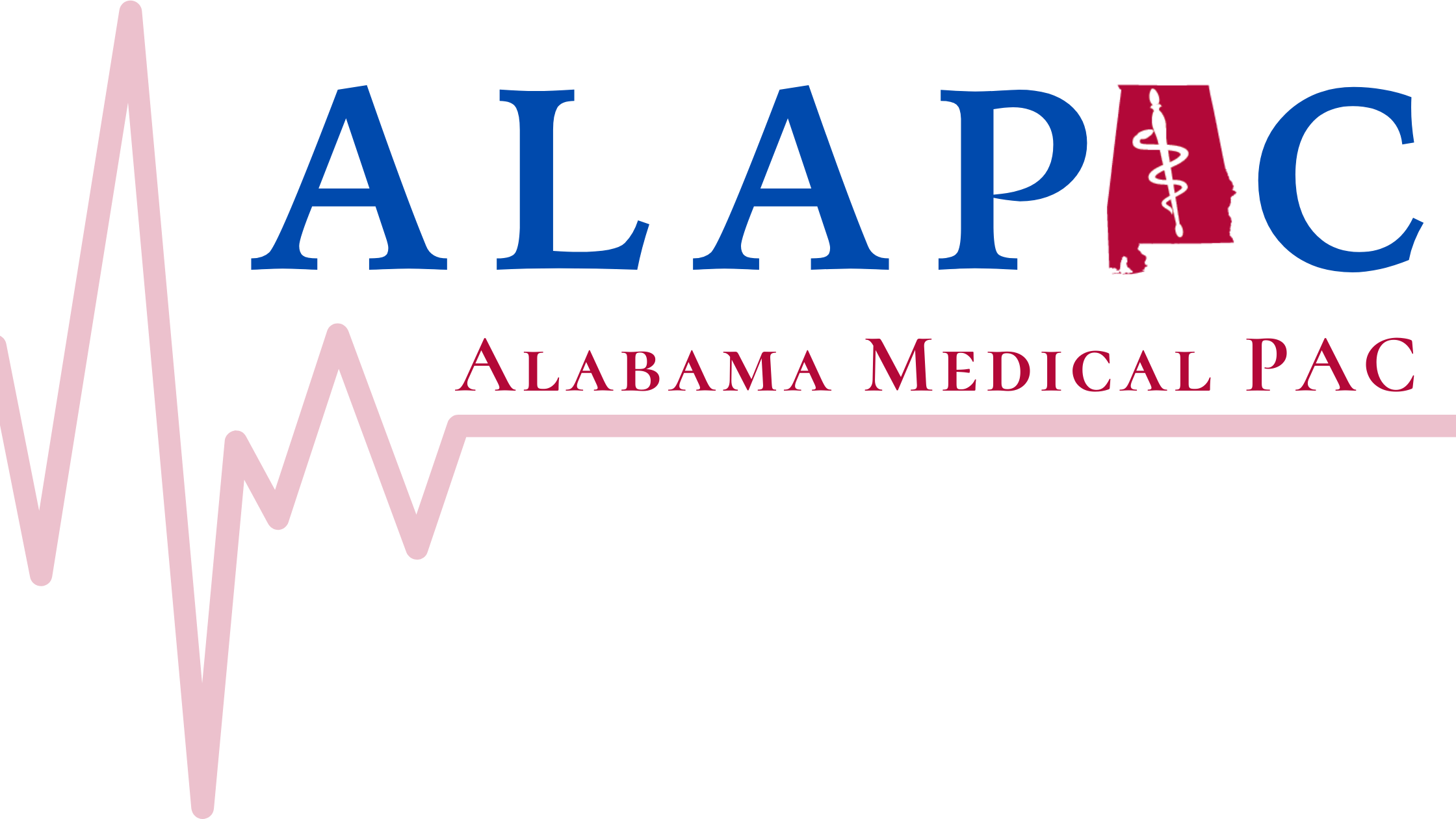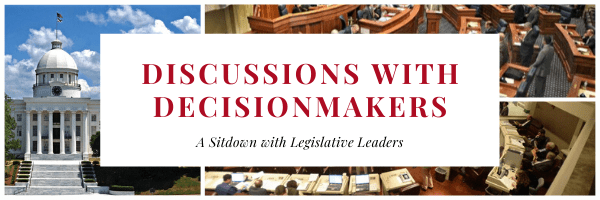Month: October 2020
-
2021 Legislative Agenda
As the professional association for some 7,000 physicians of all specialties in Alabama, the Medical Association of the State of Alabama exists to serve, lead, and unite physicians in promoting the highest quality of healthcare for the people of Alabama through advocacy, information, and education. The Medical Association of Alabama is proud to advocate on…
-

Phase 3 Provider Relief Funds Announced by HHS
On October 1, 2020, the Department of Health and Human Services (“HHS”) announced an additional $20 billion in funding for healthcare providers to assist with losses and changes in operating expenses caused by the current COVID-19 pandemic. This additional funding is a result of the CARES Act and the Paycheck Protection Program and Health Care…
-

2020 ALAPAC Voting Guide: Constitutional Amendments
OVERVIEW On Election Day, the people of Alabama will have the chance to cast their votes for a number of federal and state officials. In addition, voters will decide whether several proposed amendments should be added to the Alabama Constitution. The purpose of this guide is to explain the statewide constitutional amendments in plain language…
-

Major Changes Coming to 2021 E/M Coding
Considerable changes are being made to Medicare outpatient evaluation and management (E/M) codes. The transition will take effect on January 1, 2021 and will likely affect physicians across all specialties. The changes are currently restricted to new and established outpatient visits (CPT codes 99202-99205, 99211-99215) and will impact everyone who assigns codes, manages patient information,…
-

Discussions with Decisionmakers: Finance Director Kelly Butler
About Kelly Butler: Kelly Butler was appointed as the Director of the Alabama Department of Finance by Governor Kay Ivey on December 1, 2018, after serving as acting State Finance Director since August 15, 2018. As the State’s chief financial officer, Butler serves as an advisor to the governor and the Legislature in all financial…